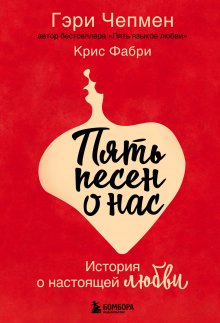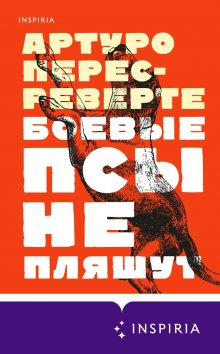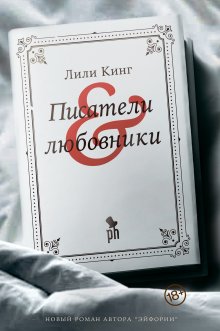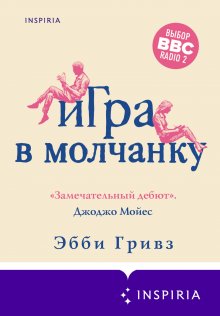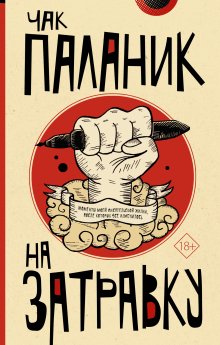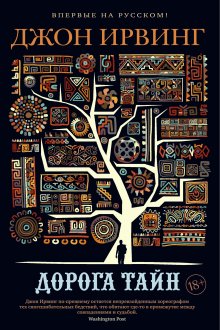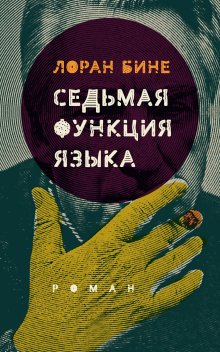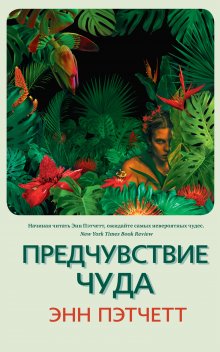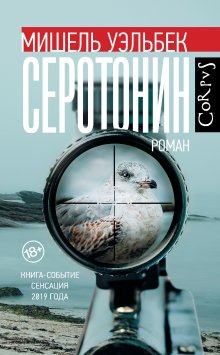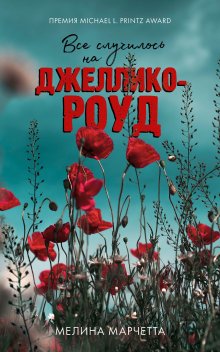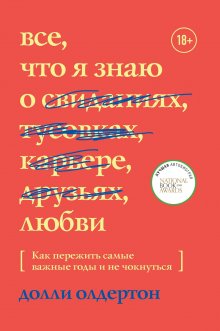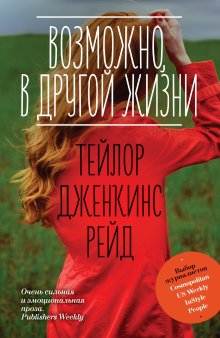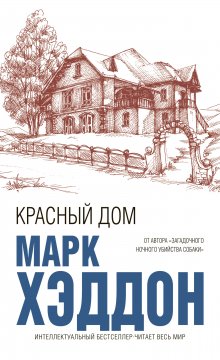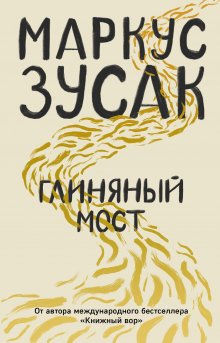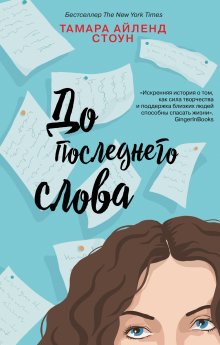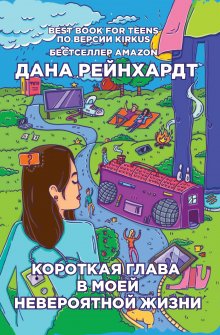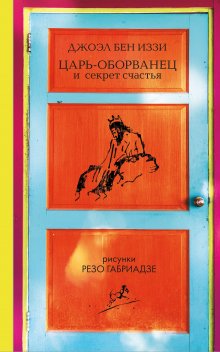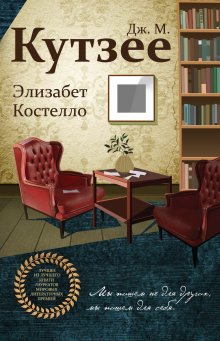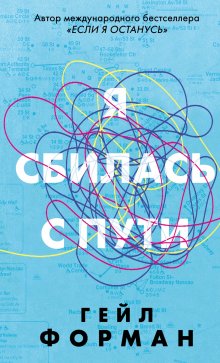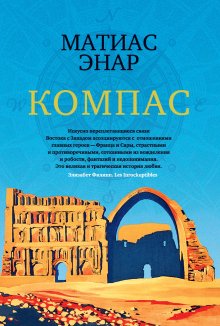Джоанн Харрис - Five Quarters of the Orange / Пять четвертинок апельсина
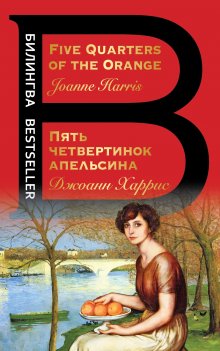
Все авторские права соблюдены. Напишите нам, если Вы не согласны.
Описание книги "Five Quarters of the Orange / Пять четвертинок апельсина"
Описание и краткое содержание "Five Quarters of the Orange / Пять четвертинок апельсина" читать бесплатно онлайн.
“Take your pike,” he said reflectively. “It hasn’t lived so long in the river by taking risks all the time. It’s a bottom feeder most of the time, even though its teeth allow it to tackle just about any fish on the river.” He paused to discard the clover stem and to pull himself into a seated position overlooking the water. “It knows it’s being hunted, Backfisch, so it waits on the bottom, eating bits of rotted stuff and sewage and mud. From the bottom, it’s safe. It watches the other fish, the smaller ones, closer to the surface, sees their bellies reflecting the sun, and when it sees one a little farther from the rest, maybe one in trouble-whap!”
He demonstrated with a rapid movement of the hands, closing imaginary jaws on the invisible victim.
I watched him with wide eyes.
“It keeps away from traps and nets. It knows them by sight. Other fish get greedy, but the old pike just bides its time. It knows to wait. And the bait… it knows that too. Lures don’t work for the old pike. Live bait’s all it will take, and even then only sometimes. Takes a clever man to catch a pike.” He smiled. “You and I could both learn a few lessons from an old pike like that, Backfisch.”
Well, I took him at his word. I met him once a fortnight or even once a week, once or twice alone, more often the three of us. It was usually a Thursday, and we met by the Lookout Post and went into the woods or downriver away from the village, where no one would see us. Often Tomas wore civilian clothing, leaving his uniform hidden so that no one would ask questions. On Mother’s bad days I used the orange bag to keep her to her room while we met Tomas. On all other days I rose at four thirty every morning and fished before the morning’s chores began, taking care to choose the darkest and quietest parts of the Loire. I caught live bait in my cray pots, keeping them alive and trapped until I could use them to bait my new rod. Then I skimmed them across the water, just lightly enough for their pale bellies to touch the surface, raking the current with the living lure. I caught several pike that way, but they were all youngsters, none of them much longer than a hand or a foot. I pinned them to the Standing Stones all the same, with the stinking strips of water snake that had hung there all that summer.
Like the pike, I waited.
11
It was early September now, and summer was drawing to an end. Still hot, there was a new ripeness in the air, something rich and swollen, a sweet scent of honey decay. The bad August rains had spoiled much of the fruit harvest, and what remained was black with wasps, but we picked it anyway-we could not afford waste, and what could not be sold as fresh fruit might still make jam or liqueur for the winter. My mother supervised the operation, giving us all thick gloves to wear and wooden tongs (once used for picking washing out of the boiling vats at the laundry) to pick up the fallen fruit. I remember the wasps were especially mean that year, perhaps scenting the approach of autumn and their coming deaths, for they stung us repeatedly in spite of our gloves as we flung the half-rotten fruit into the big boiling pans for jam. The jam itself was half wasps at first, and Reine-who loathed insects-was almost hysterical at having to scoop their half-dead bodies from the scummy surface of the red liquid with a slotted spoon, flinging them far onto the path in a spray of plum juice where soon enough their living companions were crawling stickily. Mother had no patience with such behavior. We were not expected to be afraid of such things as wasps, and when Reine screamed and cried at having to pick up the swarming masses of windfall plums, she spoke to her more sharply than usual.
“Don’t be more of a fool than God made you, girl,” she snapped. “Do you think the plums will pick themselves? Or do you expect the rest of us to do it for you?”
Reine whimpered, hands held out stiffly in front of her, her face twisted with loathing and fear.
My mother’s tone grew dangerous. For a moment her voice sounded waspy, buzzing with menace.
“Go to it,” she said, “or I’ll give you something to whine about,”
and she pushed Reinette hard toward the pile of plums we had collected, a pile of spongy half-fermented fruit volatile with wasps. Reinette found herself in a swarm of insects and screamed, recoiling toward my mother, eyes closed so that she did not see the sudden spasm of rage which crossed Mother’s face. For a moment Mother looked almost blank, then she grabbed Reinette, who was still screaming hysterically, by the arm and marched her quickly, wordlessly toward the house. Cassis and I looked at each other but made no move to follow. We knew better than that. When Reinette began to scream more loudly, each scream punctuated by a sound like the crack of a small air rifle, we simply shrugged and went back to work among the wasps, using the wooden tongs to scoop drifts of spoiled plums into the bins that lined the path.
After what seemed like a long while, the sounds of Reinette being whipped ceased, and she and my mother came out of the house-Mother still holding the piece of washing line she had used-and set to work again in silence, Reinette sniffing occasionally and wiping at her reddened eyes. After a while Mother’s tic began again, and she went to her room, leaving us with terse instructions to finish picking up the windfalls and to put the jam on to boil. She never mentioned the incident later, or seemed even to recall its having happened, though I heard Reinette tossing and whimpering in the night and saw the red weals on her legs as she put on her nightdress.
Unusual though it was, it was far from the last unusual thing Mother was to do that summer, and it was very soon forgotten-except by Reinette, of course. We had other things to think about.
12
I had seen little of Paul that summer; with Cassis and Reinette out of school he had kept his distance. But by September the new term was close to starting, and Paul began to come round more often. Though I liked Paul well enough, I felt uneasy about him meeting Tomas, so I often avoided him, hiding in the bushes at the side of the river until he’d gone, ignoring his calls or pretending not to notice when he waved at me. After a while he seemed to get the message, because he stopped coming altogether.
It was at this point that Mother began to grow really strange. Since the incident with Reinette we had watched her with the wary caution of primitives at the feet of their god-and indeed, she was a kind of idol to us, a thing of arbitrary favors and punishments, and her smiles and frowns were the vane upon which our emotional weather turned. Now with September on the turn and school starting for the two eldest in a week’s time, she became almost a parody of her former self, enraged at the slightest tiny thing-a dishcloth left beside the sink, a plate on the draining board, a speck of dust on the glass of a framed photograph. Her headaches plagued her almost daily. I almost envied Cassis and Reinette, spending long days in school, but our own primary school had closed since the teacher had moved to Paris, and I would not be old enough to join them in Angers until the following year.
I used the orange bag often. Although terrified that my mother might discover the trick, I still couldn’t stop myself. Only when she took her pills was she quiet, and she only took them when she smelled oranges. I hid my supply of orange peel deep in the anchovy barrel and brought it out when necessary. It was risky, but it often brought me five or six hours of much needed peace.
Between these brief moments of amnesty the campaign between us continued. I was growing fast; already I was as tall as Cassis, taller than Reinette. I had my mother’s sharp face, her dark, suspicious eyes, her straight black hair. I resented this similarity more than her strangeness, and as summer festered into autumn I felt my resentment grow until I felt almost stifled with it. There was a piece of mirror in our bedroom, and I found myself looking into it in secret. I’d never taken a great deal of interest in my appearance before, but now I became curious, then critical. I counted my shortcomings and was dismayed to find so many. I would have liked to have curly hair, like Reinette, and full, red lips. I sneaked the film postcards from beneath my sister’s mattress and learned each one by heart. Not with sighs and ecstasies, but with gritted-teeth desperation. I twisted my hair with rags to make it curl. Fiercely I pinched the pale brown buds of my breasts to make them grow. Nothing worked. I remained the image of my mother, sullen, inarticulate and clumsy. There were other strangenesses. I had vivid dreams from which I awoke gasping and sweating, though the nights were turning cold. My sense of smell was enhanced, so that on some days I could smell a burning hayrick right across Hourias’s fields with the wind in the opposite direction, or I knew when Paul had been eating smoked ham or what my mother was making in the kitchen before I even got into the orchard. For the first time I was aware of my own smell, my own salty, fishy, warm smell (which persisted even when I rubbed my skin with lemon balm and peppermint), the sharp oily scent of my hair. I had stomach cramps-I who was never sick-and headaches. I began to wonder if my mother’s strangeness was not something I had inherited, a terrible mad secret into which I was being drawn.
Then I awoke one morning to find blood on the bedsheet. Cassis and Reinette were getting ready to cycle to school and paid little attention to me. Instinctively I dragged the cover over the stained sheet and pulled on an old skirt and sweater before running down to the Loire to investigate my affliction. There was blood on my legs, and I washed it in the river. I tried to make a bandage for myself out of old handkerchiefs, but the injury was too deep, too complex for that. I felt as if I were being torn apart nerve by nerve.
It never occurred to me to tell my mother. I had never heard of menstruation-Mother was obsessively prim regarding bodily functions-and I assumed that I was badly hurt, maybe even dying. A careless fall somewhere in the woods, a poison mushroom, bleeding me from the inside out, perhaps even a poisonous thought. We did not go to church-my mother disliked what she called la curaille and sneered at the crowds on their way to Mass-and yet she had given us a strong awareness of sin. Badness will get out somehow, she would say; and we were full of badness to her, like wineskins bloated with a bitter vintage, always to be watched, tapped, every look and mutter indicative of the deeper, the instinctive badness that we hid.
I was the worst. I understood this. I saw it in my own eyes in the mirror, so like hers with their flat, animal insolence. You can call Death with a single bad thought, she used to say, and that summer all my thoughts had been bad. I believed her. Like a poisoned animal I hid, climbing up to the top of the Lookout Post and lying curled on the wooden floor of the tree house, waiting for death. My belly ached like a rotten tooth. When Death didn’t come I read one of Cassis’s comics for a while, then lay looking up at the bright canopy of leaves until I fell asleep.
13
She explained it to me later as she handed me the clean sheet. Expressionless but for that look of appraisal which she always wore in my presence, mouth thinned almost to invisibility and eyes barbed-wire jags in her pallor.
“It’s the curse come early,” she said. “You’d better have these.”
And she gave me a wad of muslin squares, almost like a child’s diapers. She didn’t tell me how to use them.
“Curse?” I’d stayed away all day in the tree house, expecting to die. Her lack of expression infuriated and confused me. I’d always loved drama. I’d imagined myself dead at her feet, flowers at my head. A marble gravestone-Beloved Daughter. I’d told myself that I must have seen Old Mother without knowing it. I was cursed.
Конец ознакомительного фрагмента.
Текст предоставлен ООО «ЛитРес».
Прочитайте эту книгу целиком, купив полную легальную версию на ЛитРес.
Безопасно оплатить книгу можно банковской картой Visa, MasterCard, Maestro, со счета мобильного телефона, с платежного терминала, в салоне МТС или Связной, через PayPal, WebMoney, Яндекс.Деньги, QIWI Кошелек, бонусными картами или другим удобным Вам способом.
Подписывайтесь на наши страницы в социальных сетях.
Будьте в курсе последних книжных новинок, комментируйте, обсуждайте. Мы ждём Вас!
Похожие книги на "Five Quarters of the Orange / Пять четвертинок апельсина"
Книги похожие на "Five Quarters of the Orange / Пять четвертинок апельсина" читать онлайн или скачать бесплатно полные версии.
Мы рекомендуем Вам зарегистрироваться либо войти на сайт под своим именем.
Отзывы о "Джоанн Харрис - Five Quarters of the Orange / Пять четвертинок апельсина"
Отзывы читателей о книге "Five Quarters of the Orange / Пять четвертинок апельсина", комментарии и мнения людей о произведении.






